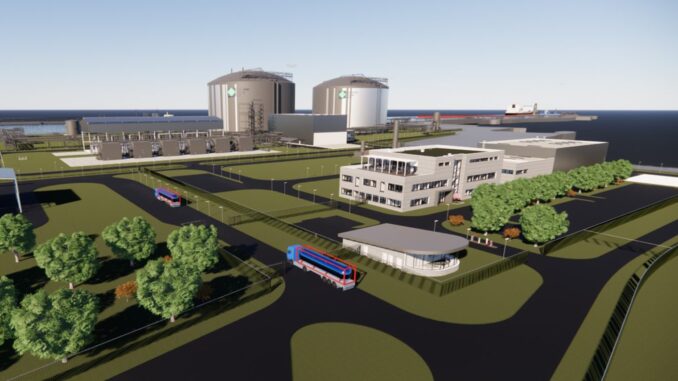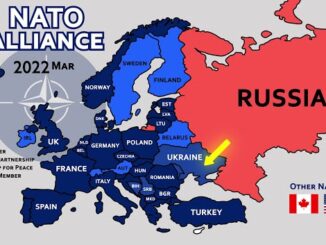
Czech utility CEZ has booked long-term capacity at Hanseatic Energy Hub’s planned Stade LNG import terminal in Germany.
Starting in mid-2027, CEZ will import 2 bcm per year of liquefied natural gas via the terminal near Hamburg.
The capacity at the terminal has been leased for 15 years, with an option to extend this to 25 years in connection with the future use of green hydrogen, according to CEZ.
At the same time, the country’s Ministry of Industry and Trade supported the transaction by concluding a hedging agreement with CEZ similar to the one for the Dutch Eemshaven terminal.
Wit this deal, the Czech Republic, a landlocked country in Central Europe, has taken “another crucial step towards ensuring sufficient gas supplies for the future and replacing supplies from Russia,” the firm said.
These supplies represent more than a quarter of the country’s current annual gas consumption, which dropped from 9.4 bcm in 2021 to 7.5 bcm in 2022, it said.
CEZ previously booked regasification capacity at Gasunie’s LNG import hub in Eemshaven and received the first LNG cargo via the terminal last year.
The company took 3 bcm per year of the terminal’s total capacity for a period of five years.
“We have leased capacity at the floating terminal in Eemshaven until the end of 2027, and thanks to Stade we will be able to smoothly continue supplying LNG after this date. Another advantage is that we will only have to cross one international border when transporting gas to the Czech Republic,” CEZ CEO Daniel Benes, said.
HEH is a consortium consisting of Dow, Partners Group, Buss Group, and Enagas.
In April, HEH awarded the engineering, procurement and construction deal for its Stade LNG import terminal to a consortium led by Spain’s Tecnicas Reunidas.
The LNG terminal developer said at the time that the deal remains subject to the firm taking a final investment decision on the project worth about 1 billion euros ($1.09 billion).
Ealrier this year, energy firm EnBW doubled its capacity booking to 6 bcm per year at the planned LNG import terminal.
Besides EnBW, Germany’s SEFE plans to import at least 4 bcm per year via the terminal.
This means that 12 Bcm per year of capacity has been booked while a further 1.3 Bcm will be kept available for the spot market.
HEH said in June that it is targeting FID for the terminal with a regasification capacity of 13.3 Bcm per year in 2023.
“With the booking of CEZ, HEH has successfully finalized the long-term commercial marketing of the land-based terminal and is preparing for the final investment decision, which will be taken in the coming weeks,” HEH said in a separate statement.
Prior to the launch of the onshore LNG import terminal, Stade will welcome its first FSRU as part of Germany’s plans to boost energy security and replace natural gas pipeline imports from Russia.
State-owned Deutsche Energy Terminal operates this project, as well as other three FSRU-based terminals in Germany.
DET plans to launch the FSRU-based facility, which will feature the 174,000-cbm FSRU Transgas Force, owned by Dynagas, in Q1 2024.



